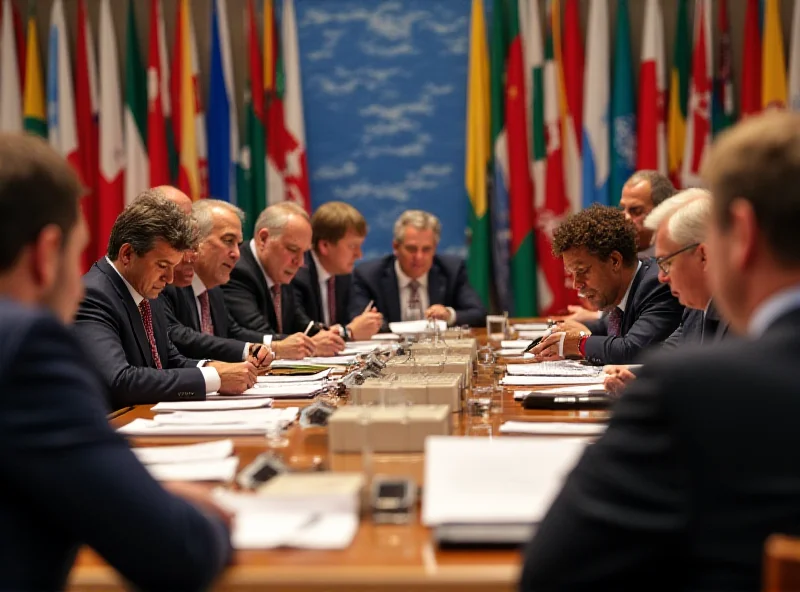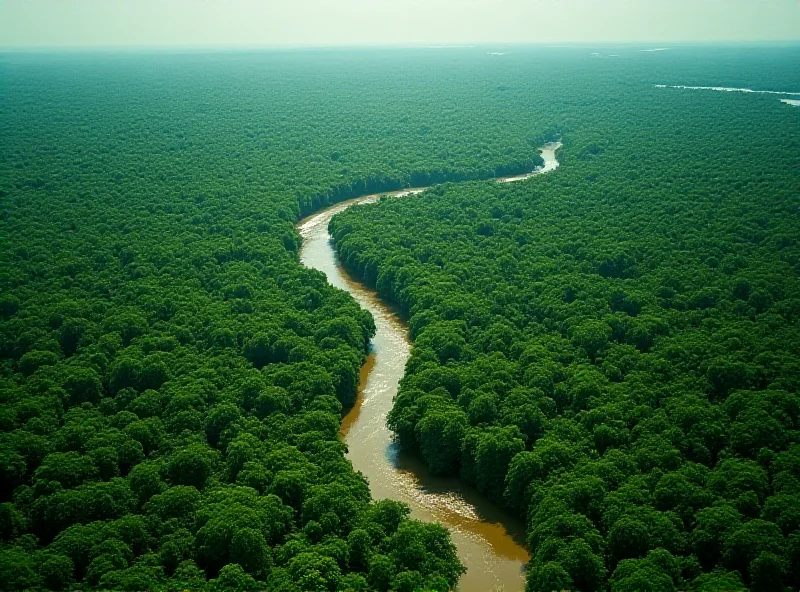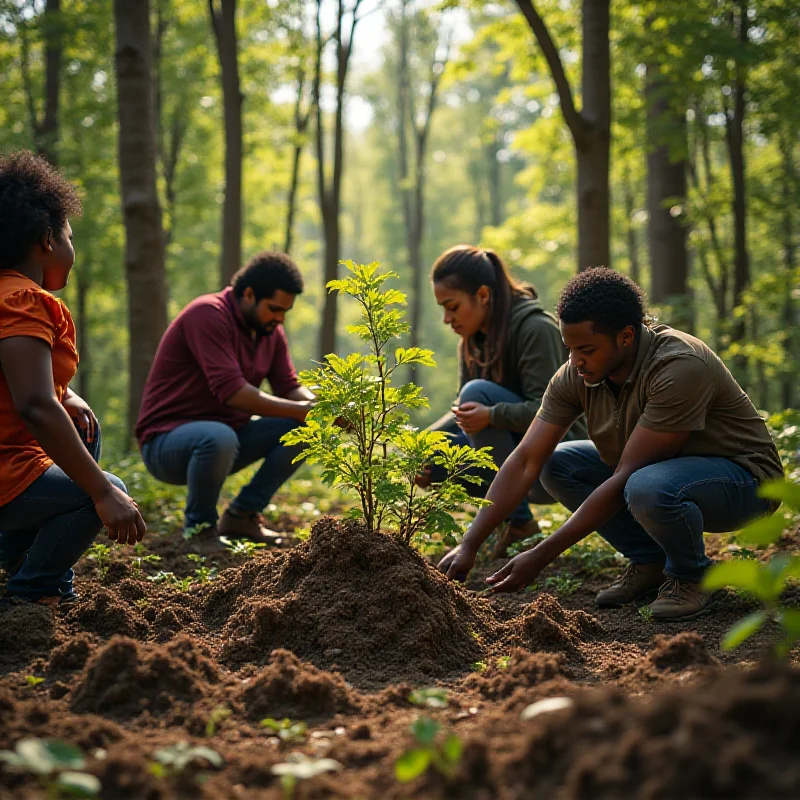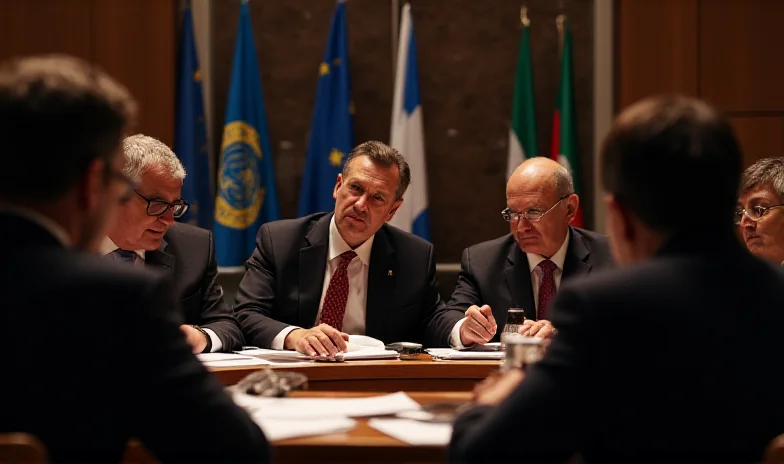Global efforts to address the escalating crisis of nature loss are set to resume in Rome today, as delegates gather for crucial United Nations biodiversity talks. The meeting follows last year's Cop16 biodiversity conference in Cali, Colombia, which concluded without resolving several key issues, particularly concerning funding. Now, amidst growing concerns about declining trust in the UN-led process and potential low attendance, the summit aims to forge consensus and reignite momentum towards halting nature loss by 2030.

Challenges and Expectations in Rome
The Rome meeting has been convened as an additional session to address the unfinished business of Cop16. The original talks in Cali were suspended prematurely in November due to logistical challenges, leaving delegates scrambling to catch flights home before reaching a final agreement. The current session is designed to overcome these obstacles and address the urgent need for concrete action. The primary focus will be on securing financial commitments to support biodiversity conservation efforts worldwide. A crucial element will be ensuring that sufficient countries participate actively in the talks, a concern given the reported "loss of trust" in the UN-led process. Overcoming this skepticism is key to achieving meaningful progress.
The stakes are undeniably high. The UN's biodiversity conference, Cop16, aims to establish global targets to halt nature loss by 2030. This ambitious goal requires immediate and coordinated action from nations across the globe. Failure to reach a consensus in Rome could further jeopardize these targets and have devastating consequences for the planet's ecosystems and the communities that depend on them.
Petro's Perspective on Global Politics
While the UN biodiversity talks focus on environmental issues, global politics play a crucial role in shaping international cooperation. Colombian President Gustavo Petro recently shared his insights on the international stage in an interview with EL PAÍS. Petro reflected on his experiences as head of the Colombian government and analyzed future scenarios in light of upcoming elections. His perspective underscores the interconnectedness of political stability and environmental sustainability.

The Urgency of Action
The reopening of the UN nature talks in Rome is a critical opportunity to address the biodiversity crisis. The world is facing unprecedented rates of species extinction and habitat destruction, threatening the delicate balance of ecosystems and the well-being of future generations. The success of these talks hinges on the willingness of nations to overcome their differences, commit to ambitious targets, and provide the necessary financial resources to protect our planet's natural heritage.
The road ahead is challenging, but the potential rewards are immense. By working together, countries can reverse the tide of nature loss and create a more sustainable and resilient future for all.

As the delegates convene in Rome, the world watches with hope and anticipation, urging them to seize this opportunity and deliver meaningful action for nature.
